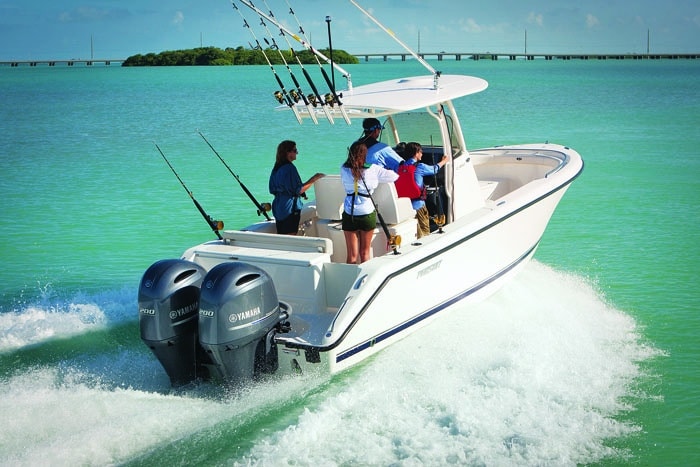sir-vivor
Well-Known Member
I've been reading a lot on the new OB, because I will be repowering Sir-Vivor II with a new 200hp this spring.
I need some help here understanding DISPLACEMENT and its RELEVANCE!
I'm a pretty simple , let's go fishing kind of guy and engineering is like some far off galaxy terminology, so please keep it simple.
Please can some one help here, do I have to consider it ??
I need some help here understanding DISPLACEMENT and its RELEVANCE!
I'm a pretty simple , let's go fishing kind of guy and engineering is like some far off galaxy terminology, so please keep it simple.
Please can some one help here, do I have to consider it ??
Last edited:


